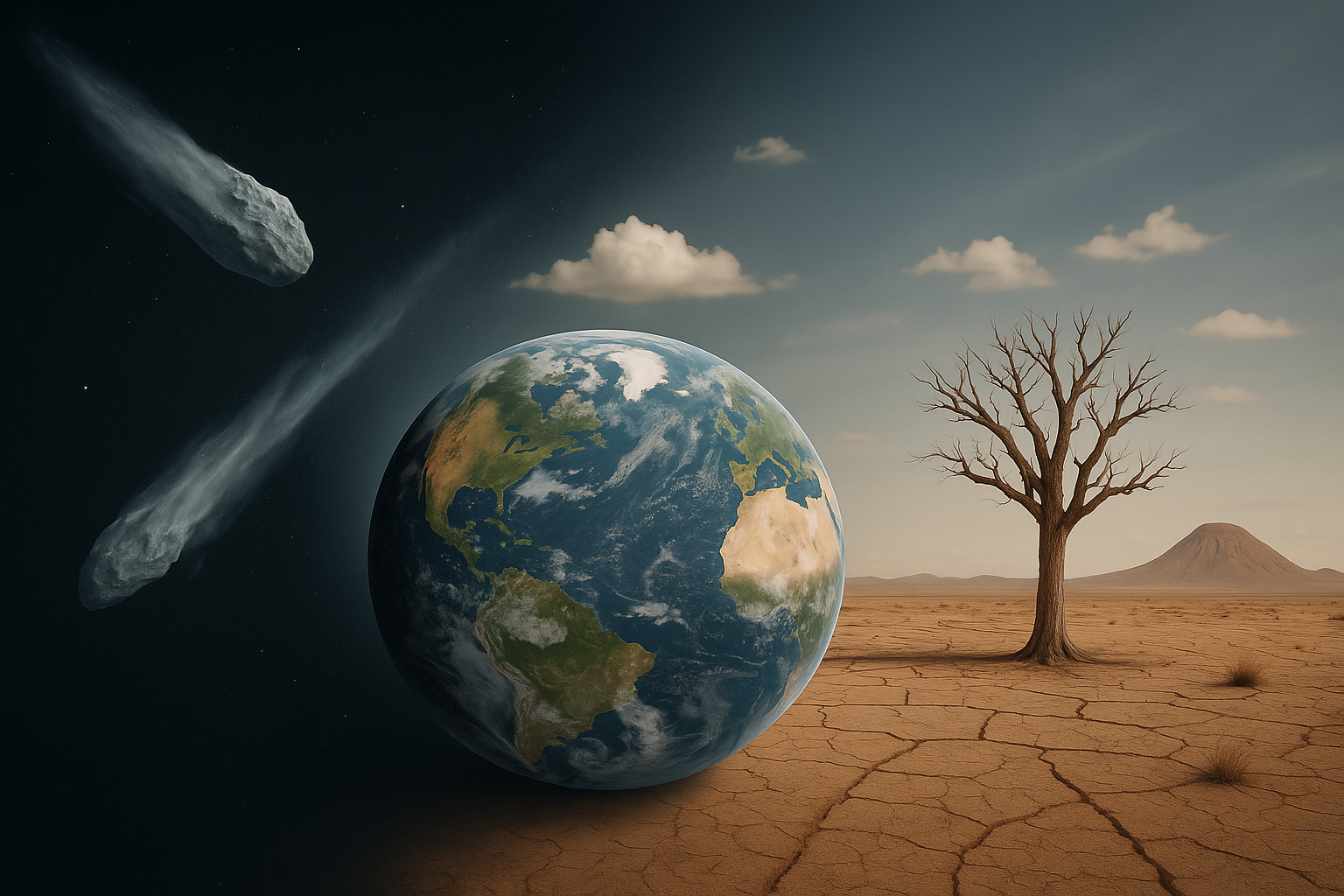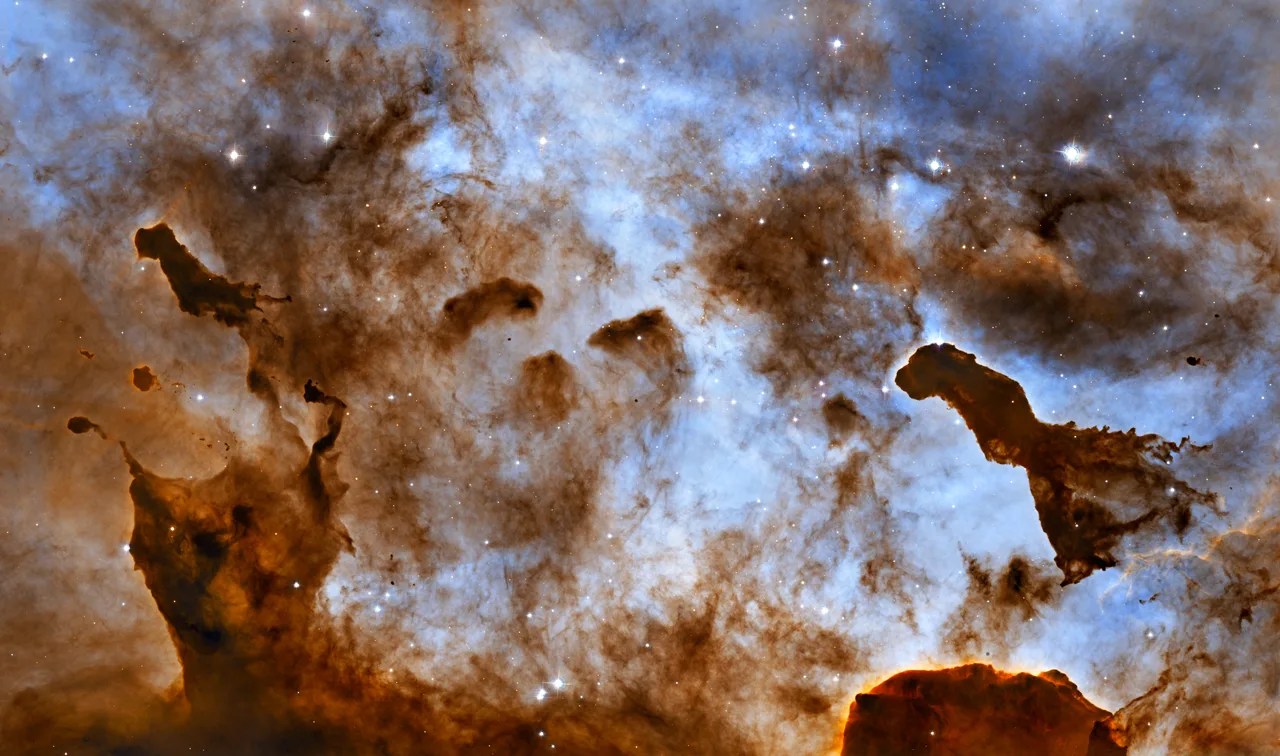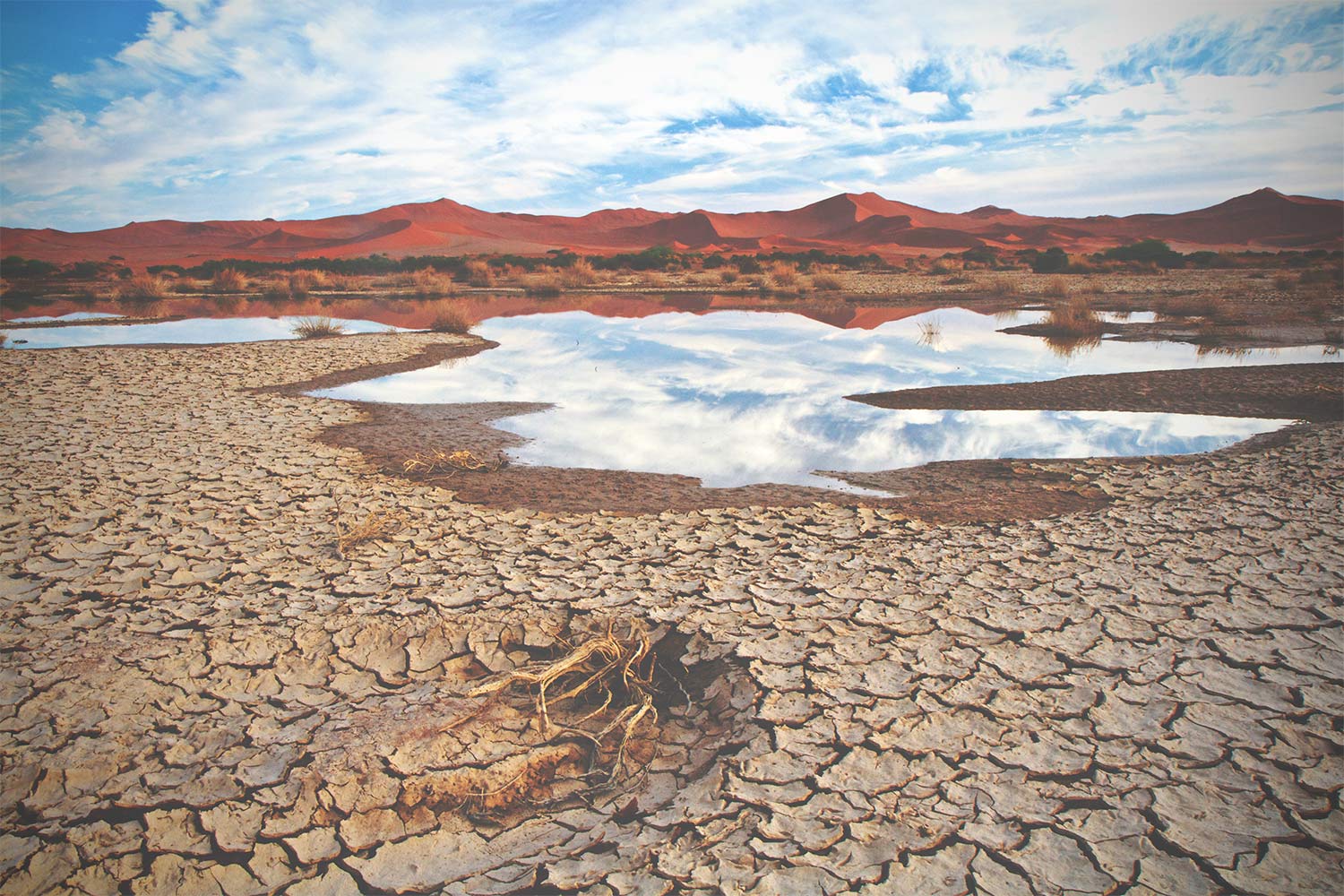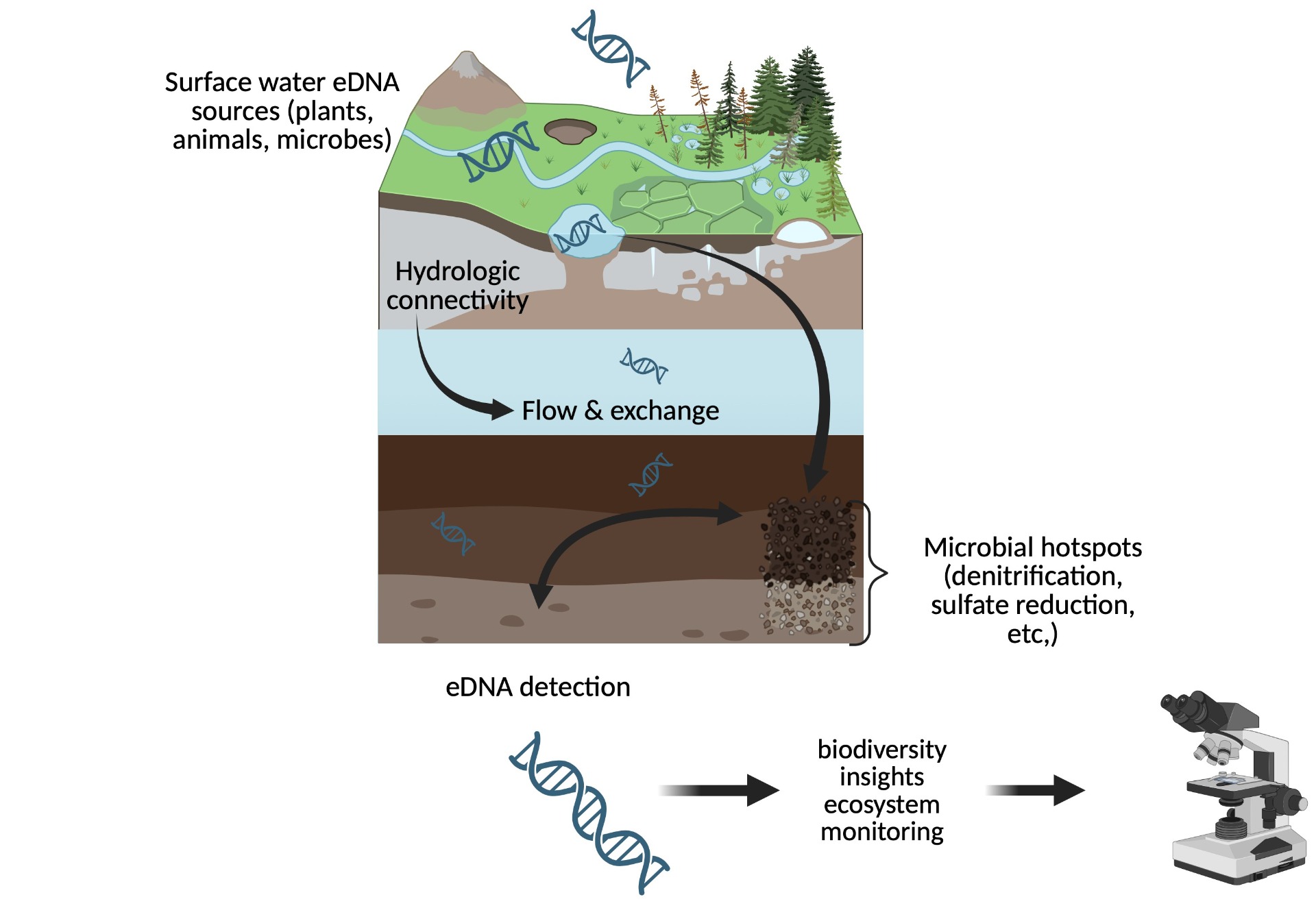Envision entering a time travel vehicle for the historical trajectory of water—from its cosmological origin to its unpredictable tomorrow. Prepare yourself since this mission spans billions of years traveling through our planet and early civilizations as well as today's crisis and future challenges.
From Cosmic Ice to Climate Crisis: A History of Water Through Time

Envision entering a time travel vehicle for the historical trajectory of water—from its cosmological origin to its unpredictable tomorrow. Prepare yourself since this mission spans billions of years traveling through our planet and early civilizations as well as today's crisis and future challenges.
Stop #1: Cosmological Origin (~4.5 Billion Years Ago)
Our journey begins inside a cold, spinning nebula of gas and dust. Miniscule ice crystals are drifting in space, some of which were created billions of years prior to the time Earth existed, in interstellar clouds. Later, iced asteroids and comets will drop to a new planet, delivering the elixir which would shape its destiny.
Key Event: Water arrives on Earth
Stop #2: Origin of the Oceans (~ 3.8 Billion Years Ago)
We find ourselves in a place of steaming fissures and stormy skies. The planet before us is a molten, yet chaotic world, inside a thick, toxic cloud of carbon dioxide, methane, and ammonia. The atmosphere is heavy with volcanic ash. Lightning splits the sky and the ground itself seems to breathe with heat. When the planet cools, it begins to rain for millions of years and creates the very first oceans. The great freshwater and seawater reservoirs will host the first microbial communities, which, over time, begin to alter the atmosphere itself, by releasing oxygen through photosynthesis.
Key Event: The Great Oxygenation Event
Stop #3: Water and the Old World (~3000 BC - 500 AD)
We proceed to a time when human societies thrive near great rivers. We are taken in time to witness the ancient Egyptians, who skillfully utilized irrigation methods near the Nile banks, while the Sumerians mastering the canal building for the purposes of controlling the Tigris and Euphrates rivers' irregular flow. In the Aegean area, we find fountains in marble courtyards and philosophers debating near public springs. For Greeks, water is not just a vital resource but also a symbol of life and prosperity. Thinkers like Thales of Miletus declare that "all things are made of water," seeing in it the primal substance of existence. Afterwards, in Rome, one admires the aqueducts for distributing drinkable water towards the public baths and ornamental fountains.
Key Event: Water management for irrigation purposes
Stop #4: The Industrial Revolution (~ 18th-19th century)
Our time vehicle leaps into a world of steam power and fast-paced industrialization, along the riverbanks of England and Europe. Factories rise, textile mills turn endlessly as waterwheels, and soon, steam engines roar to life, fueled by the combination of water and fire. Water is no longer merely for drinking since it powers industry through mill-grinding factories and steam locomotives. However, the great rivers that once gave life to the very first metropoles now also bear the cost. The same waterways that keep turbines spinning are now being transmuted into open sewers, filled with chemicals and all kinds of waste. The clogged Thames, once crowded with fish, becomes infamous for the "Great Stink" of 1858, while cholera is being spread through polluted water.
Key Event: Initial sanitation movements
Stop #5: The 21st-Century
We enter the world today—where a few have the privilege of clean tap water by turning a handle, while others travel for miles for a pail of water. A global warming risk looms for freshwater sources, and nations argue over the rights of water. Desalination plants and computer-based water management become potential remedies.
Key Event: Global climate in combination with population growth threatens water sustainability
Final Destination: The Future of Water (~2050 and Beyond?)
The time machine shakes as it gets close to the edge of the known timeline. Outside the window, the view varies—part desert, part city, part illusion. The future of water is not yet written. In certain regions, urban environments thrive through innovative concepts. Mobile desalination farms are being deployed in coastal areas, artificial intelligence-driven pipelines detect leakages prior to their occurrence, while cloud-harvesting structures ascend, extracting moisture from air. Within this area, technological advancements are not only addressing scarcity but also redefining the very notion of abundance.
However, in other places, the story gets a twisted turn. Rivers become memories. Aquifers dry up under farmlands that once fed thriving civilizations. Political borders become stricter as water turns into the most valuable resource, and countries argue not about oil, but about access to rivers and glaciers. Climate refugees follow the path of water, echoing old migrations from our earlier stops — proof that history goes in cycles. And then, in the middle of both crisis and invention, humanity faces its choice: Will we use knowledge to fix what we have drained, or keep using resources until the wells run dry? The time machine flickers. The last scene is unclear — maybe a blue planet healed, maybe a dry one. The dials blur, as if the future is waiting for a choice still to be made.
Key Question: Can humanity balance between innovation and conservation techniques so as to secure water for future generations?
Back to Now: Lessons Learned
As the time vehicle accelerates us strongly backward to the present day, we find that water has played an important role in the course of history, cultures, and the future direction of the planet. Studying the past for lessons, we might indeed protect its future. What is next? Are we truly treating water as a given? How will a future traveler depict our time?
Discuss your thoughts in the comments!
By Athanasios V. Serafeim

Athanasios V. Serafeim currently serves as an assistant Professor at the University of Peloponese, while working also as a water resources consultant in Athens, Greece. He holds a 5-year Diploma in Civil Engineering, a Master of Science (M.Sc.) in Water Resources Planning and Management and a Doctor of Philosophy (Ph.D.) in Civil and Environmental Engineering from the University of Patras (Patras, Greece). His PhD research focused on the development of an integrated, theoretically founded, and practically applicable methodological framework for resilient reduction of leakages in water distribution networks.
Leave a Comment
Latest posts in our blog
Be the first to read what's new!
Recent advances in molecular ecology have introduced a novel tool to hydrogeological research: environmental DNA (eDNA). By capturing genetic material shed by organisms into their environment, eDNA enables the detection of biological presence in aquatic systems—without requiring the physical capture of the organisms themselves.
How To (Part 1)
Choosing the Right Methodology in Hydrogeological Research: A Guide for Young Researchers
The Greek Young Hydrological Society was founded in 2024 to establish a dynamic and supportive network of early-career scientists united by a shared passion about hydrology and water related topics.




